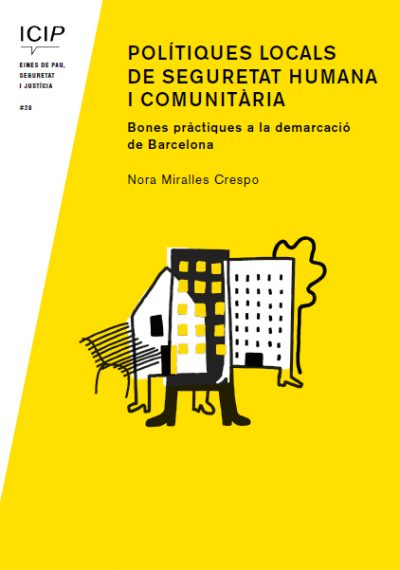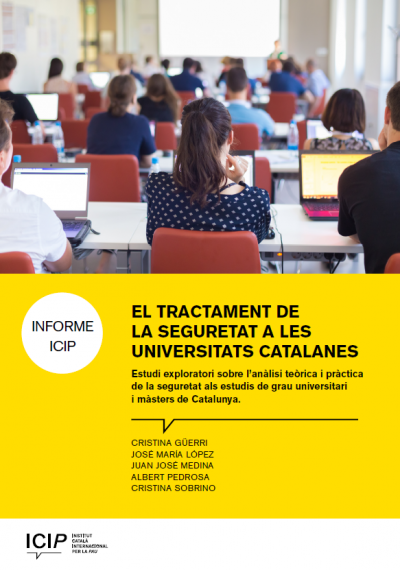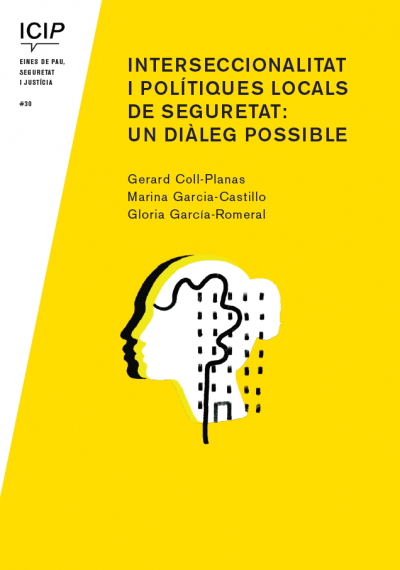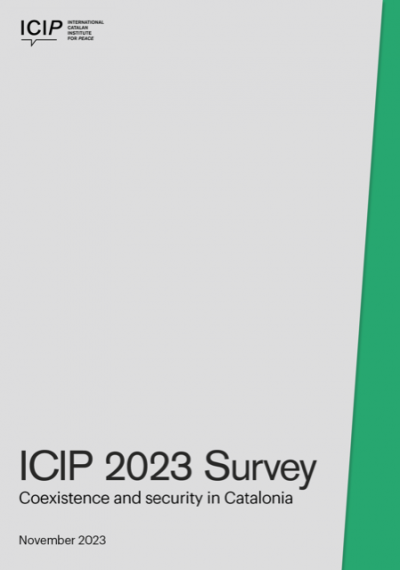Reorient Public Security Policies
Security policies based on zero-sum logic (“if you lose, I win”) proliferate worldwide. These security models focus on identifying enemies and threats and aim for immediate confrontation and deterrence, but not cooperation and the profound transformation of violent relationships, both interpersonal and community.
Thus, security is prioritized at the local level to fight crime and guarantee public order and political stability. At the same time, at the international level, security is wholly linked to armed and militarized defence structures that seek to protect national sovereignty and geopolitical borders.
For decades, however, there has been a certain consensus on the need to expand its interpretation.
From ICIP, we ask ourselves: What needs and rights must be protected in the name of security? Who should do it? How do we combine traditional security with more emerging and complex propositions, such as human security? What options are there for co-responsibility between social actors and institutional actors?
Working group on public security in Catalonia
ICIP coordinates the Working Group on Public Security in Catalonia from 2021 to promote alternative discourses and practices to the classic notion of public security.
The group works to ground applied research in this field and promote spaces for dialogue and reflection between different strategic security agents in Catalonia, both institutional and social.
Among its latest actions, there are workshops on alternative conflict management aimed at police forces and research projects on the notion of coexistence and security in Catalan municipalities and on how sexual violence has an impact on securitization in space public.
Publications

Polítiques locals de seguretat humana i comunitària
Nora Miralles Crespo

El tractament de la seguretat a les universitats catalanes
Informes 22/2024. C. Güerri, J.M. López, J.J. Medina, A. Pedrosa, C. Sobrino

Interseccionalitat i polítiques locals de seguretat: un diàleg possible
Gerard Coll-Planas, Marina Garcia-Castillo i Gloria García-Romeral

ICIP 2023 Survey “Coexistence and security in Catalonia” (summary)
ICIP 2023
Analysis and Reflection Activities
Community Security Policy Webinars:
Security Architecture in Europe
The current pace of the arms race and growing military spending moves in the immediacy proper to war and increased geopolitical tension. Still, this trend is far from a European security scheme whose ultimate goal is the sustainability of life, which should be the epicentre of all public policy.
ICIP warns about the risks of this rearmament and the need to consider other options that move away from aggressive logic and involve recognizing and advocating for interdependence, cooperation, shared responsibility, and building trust.
From ICIP, we defend that security can only be (re)found in the medium and long term through the extreme defence of dialogue.
Through spaces of analysis and exchange, we reflect on the need and feasibility of reforming the security and cooperation architecture in Europe and work to disseminate an archetype based on “common security”.
We argue that no country can obtain security from an antagonistic model, where unilateral decisions are made, because one’s security also depends on the actions and reactions of the other.

